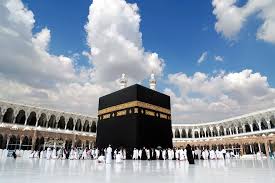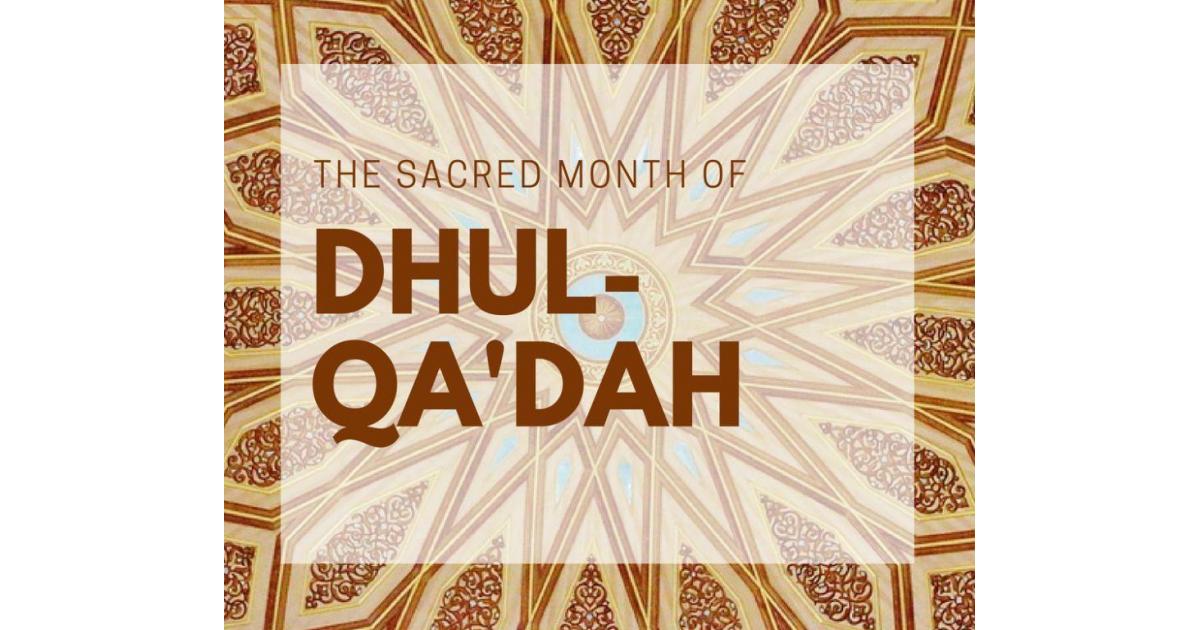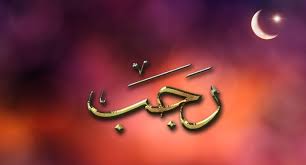Jumada al-Awwal is the fifth month of the Islamic Calendar, also known as the Hijri Calendar. It holds significant importance in Islamic History and Muslim Traditions. In this article, we will explore the various aspects of Jumada al-Awwal, its Islamic Significance, and the Religious Observances and Islamic Holidays associated with it.
The Islamic Calendar
The Islamic Calendar, also known as the Hijri Calendar, is a lunar calendar consisting of 12 months in a year of 354 or 355 days. It is used by Muslims around the world to determine the dates of Islamic Festivals, Religious Observances, and significant Islamic Ceremonies. The calendar begins with the month of Muharram, marking the Islamic New Year.
Lunar Months in the Islamic Calendar
The Islamic Calendar is based on the lunar cycle, with each month beginning with the sighting of the new moon. The lunar months are shorter than the solar months, typically lasting 29 or 30 days. This lunar basis makes the Islamic year approximately 10 to 12 days shorter than the Gregorian year, causing the Islamic Holidays and months to shift each year.
The Significance of Jumada al-Awwal
Jumada al-Awwal holds a special place in Islamic Culture and Islamic History. It is a time for Religious Observances and reflection on significant Historical Events in Jumada‘al-Awwal. This month precedes Jumada al-Thani, another important month in the Hijri Calendar.
Religious Observances in Jumada al-Awwal
Muslims around the world engage in various Religious Practices during Jumada‘al-Awwal. These practices include special prayers, fasting, and other forms of worship. Mosques and Communities often organize events and gatherings to commemorate significant occasions and to foster a sense of unity and spiritual growth.
Historical Events in Jumada al-Awwal
Several notable Historical Events in Jumada‘al-Awwal have left a lasting impact on the Islamic Heritage. These events are remembered and honored by Muslims as part of their rich Islamic History. Understanding these events helps in appreciating the depth and diversity of Muslim Traditions.
Islamic Festivals in Jumada al-Awwal
While Jumada‘al-Awwal is not known for major Islamic Festivals, it is a time for Islamic Scholarship and learning. Many Islamic Education institutions may hold special lectures and seminars to delve into the teachings of Prophet Muhammad and other significant figures in Islamic History.
Sufi Practices in Jumada al-Awwal
For those following Sufi Practices, Jumada‘al-Awwal can be a month of intense spiritual activity. Sufis engage in dhikr (remembrance of God), meditation, and communal gatherings to deepen their connection with the divine. These practices are integral to their Religious Practices and spiritual journey.
Jumada al-Awwal Celebrations
Though Jumada‘al-Awwal Celebrations may not be as prominent as those in other months like Rabi’ al-Awwal or Ramadan, they still hold importance. Families and communities come together to honor the month’s significance, often involving special meals and gatherings that highlight Festive Foods.
Prophet Muhammad and Jumada al-Awwal
The life and teachings of Prophet Muhammad are often reflected upon during Jumada al-Awwal. His guidance continues to influence Muslim Traditions and practices. Stories from his life, particularly those occurring in this month, are recounted in sermons and educational sessions.
Mosques and Communities
Mosques and Communities play a pivotal role during Jumada al-Awwal. They serve as centers for worship, education, and social interaction. Events held at mosques help to reinforce community bonds and provide opportunities for collective worship and learning.
Islamic New Year and Jumada al-Awwal
While Jumada‘al-Awwal is not the start of the Islamic New Year, it is a continuation of the spiritual journey that begins with Muharram. The reflections and resolutions made at the beginning of the year are carried forward, providing a time to renew commitments to faith and community.
Islamic Ceremonies in Jumada al-Awwal
Various Islamic Ceremonies may take place during Jumada‘al-Awwal, including weddings, naming ceremonies, and other significant life events. These ceremonies are imbued with Islamic Culture and tradition, making them meaningful occasions for those involved.
Islamic Heritage and Education
Jumada‘al-Awwal is a time to explore and celebrate Islamic Heritage. Educational programs focusing on Islamic History and Islamic Scholarship are often held, providing valuable insights into the past and its relevance to the present.
Sufi Practices and Spiritual Growth
For many, Jumada‘al-Awwal is a period of spiritual growth through Sufi Practices. These practices emphasize inner purification and the development of a deeper connection with God, contributing to the overall spiritual well-being of individuals and communities.
FAQs about Jumada‘al-Awwal
1. What is Jumada al-Awwal?
Jumada‘al-Awwal is the fifth month of the Islamic Calendar. It is a lunar month with significant religious and historical importance in Islam.
2. How is the Islamic Calendar structured?
The Islamic Calendar is a lunar calendar consisting of 12 months, with each month lasting 29 or 30 days based on the sighting of the new moon.
- What are some significant events in Jumada al-Awwal?
Historical Events in Jumada‘al-Awwal include various battles and significant occurrences in Islamic History. These events are commemorated and studied for their impact on Muslim Traditions.
- How do Muslims observe Jumada‘al-Awwal?
Muslims observe Jumada‘al-Awwal through prayers, fasting, and other Religious Practices. Mosques and Communities may organize special events to mark the month’s significance.
- What role do Sufi practices play in Jumada al-Awwal?
Sufi Practices during Jumada‘al-Awwal involve dhikr, meditation, and communal gatherings aimed at deepening the spiritual connection with God.
Conclusion
Jumada‘al-Awwal is a month of reflection, Religious Observances, and Islamic Education within the Islamic Calendar. It provides an opportunity for Muslims to connect with their faith, community, and Islamic Heritage. Understanding and observing the practices and traditions associated with Jumada‘al-Awwal enriches the spiritual life of Muslims and strengthens the bonds within Mosques and Communities.
By incorporating the rich tapestry of Islamic History, Muslim Traditions, and Religious Observances, Jumada‘al-Awwal stands as a testament to the enduring faith and cultural heritage of the Islamic world. For more detailed information and resources on Jumada‘al-Awwal and other aspects of Islamic life, visit thefuturedreams.com.




